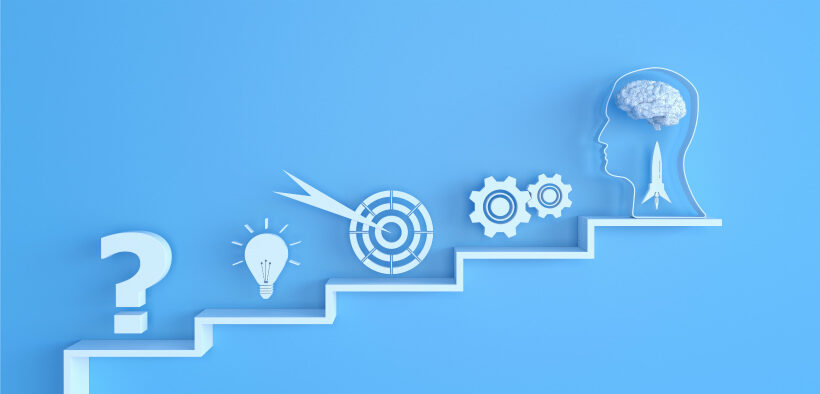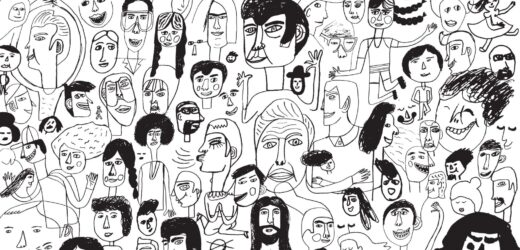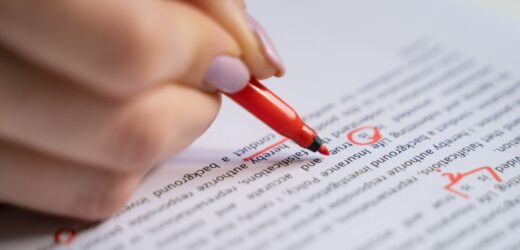A new study in Active Learning in Higher Education (see reference below) motivated me to take another look at the research on student self-assessment. It’s decidedly mixed, which isn’t unexpected given the range of self-assessment tasks used in the research, not to mention cohort and methodological differences. In this most recent work students assessed an oral presentation they’d given using a rubric. Their peers and the teacher also evaluated it. These latter assessments tended to agree with each other, while self-assessments were higher than those of peers and the teacher. Male students rated their performances higher than female students did. Students with high teacher and peer evaluations made more accurate self-assessments than those who received low teacher and peer scores did.
Related Articles
I have two loves: teaching and learning. Although I love them for different reasons, I’ve been passionate about...
Could doodles, sketches, and stick figures help to keep the college reading apocalypse at bay?...
We’ve all faced it: the daunting stack of student work, each submission representing hours of potential grading. The...
Storytelling is one of the most powerful means of communication as it can captivate the audience, improving retention...
For some of us, it takes some time to get into the swing of summer. Some of us...
About a year ago, I decided to combine the ideas of a syllabus activity and a get-to-know-students activity....
The use of AI in higher education is growing, but many faculty members are still looking for ways...









